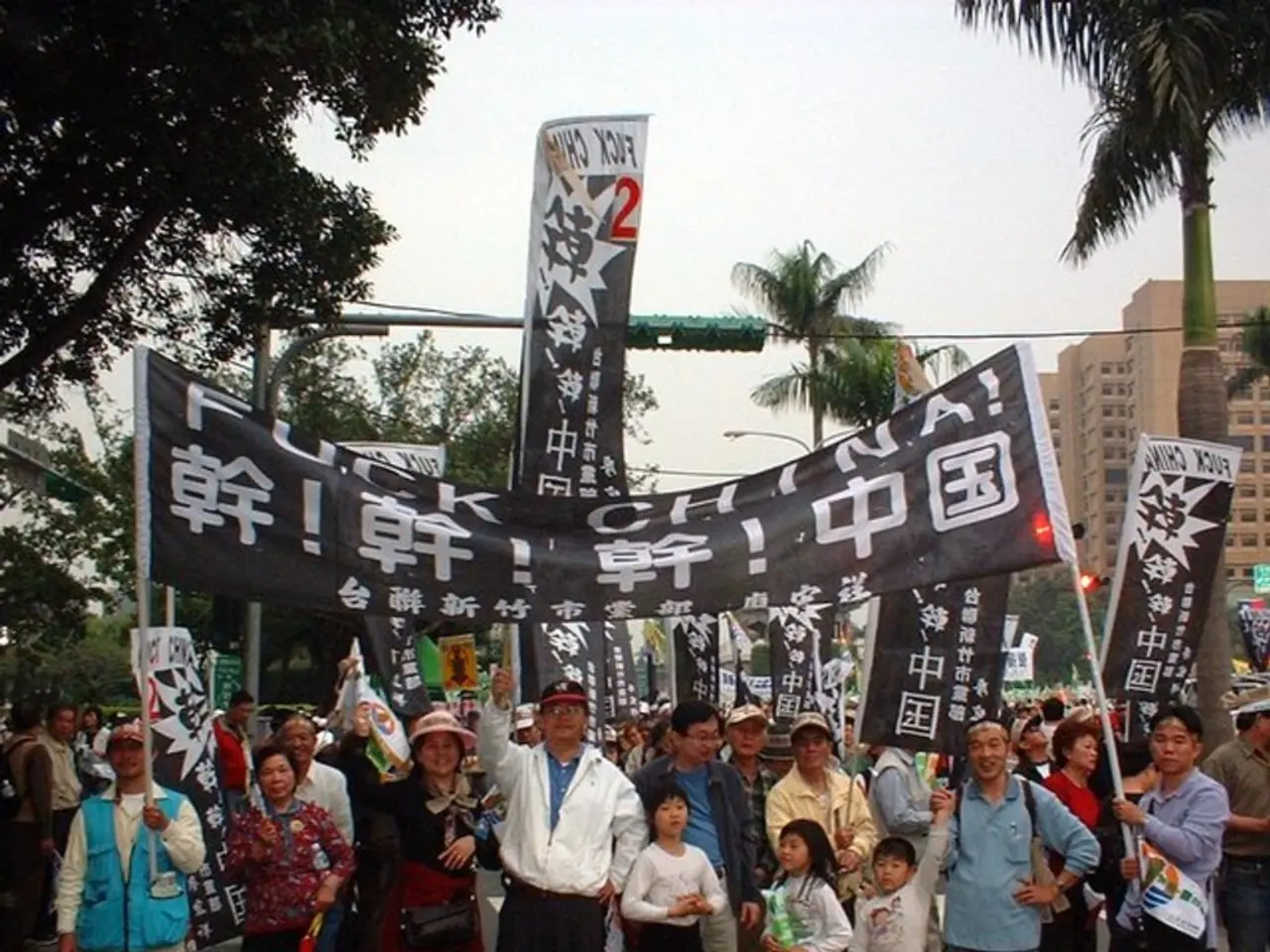Progress Headlight: Community Movements in Georgia
In the heart of the Caucasus, Georgia finds itself at a crossroads, navigating a political landscape marked by a shift towards authoritarianism and a growing polarisation that threatens its path towards European Union (EU) integration.
Opinion polls suggest that the citizens of Georgia are more advanced in their desire for EU integration than the political elites, yet the ruling Georgian Dream party has shown a noticeable move towards Russia, a trend that has resulted in a more authoritarian governance style and a decrease in support for Western values, including those related to gender and sexual diversity.
This geopolitical shift, accompanied by the erosion of democratic institutions and norms, has allowed the government to exploit societal fears and use moral panics to justify restrictive policies. The targeting of civil society and minorities, including LGBT+ individuals, is a clear manifestation of this trend.
The rise of right-wing populist movements is another factor driving this divisive strategy. These movements often exploit cultural and social issues to create divisions and consolidate power. In Georgia, this is evident in the government's response to civil society, which has been accused of receiving foreign funding to spread "LGBT propaganda."
Economic instability and demographic challenges are also being used to promote a nationalist agenda that often scapegoats marginalized communities. The influence of pro-Russian and far-right groups further contributes to this divisive rhetoric and policies.
The Georgian government's actions have been met with resistance. The mass protests in 2023 and 2024 against the Foreign Agents Law showed the growing gap between society and government. The civil society sector in Georgia, which emerged in response to the economic and socio-political crises following the collapse of the Soviet Union, has been at the forefront of this resistance.
Despite facing challenges, the civil society sector in Georgia carries more institutional memory and expertise on reforms, policy work, and the deeper analysis of societal problems than the respective government agencies. They have been providing services, mobilizing communities, building public opinion, suggesting and lobbying for policy changes, holding powerful institutions accountable, and keeping international partners informed.
During times of crisis, such as the Covid-19 pandemic, the adaptability of Georgia's civil society sector has been evident in its ability to support vulnerable communities when the state has forgotten them. This resilience and adaptability, which could come in very handy in times of repeated intimidation, exist within the civil society sector.
The Georgian government's use of homo/bi/transphobia to further attack and damage the reputation of the civil society sector is a combination of Soviet methods used against political dissidents and newer disinformation and social division tactics from anti-gender groups.
The political trajectory of Georgia is affecting the overall stability of the EU's Eastern Partnership, making the region more volatile. As the struggle for democracy continues, it is clear that the challenges faced by marginalized communities, including LGBTQIA+ communities, are not on the margins but at the forefront of this fight.
- The political landscape in Georgia, marked by authoritarianism and polarization, has led to debates around war-and-conflicts, policy-and-legislations, and politics, as the erosion of democratic institutions and norms escalates.
- The rise of right-wing populist movements and the exploitation of cultural and social issues for political gain (crime-and-justice) in Georgia has targeted minorities, including the LGBT+ community, leading to general-news coverage on societal divisions and the struggle for democracy.








